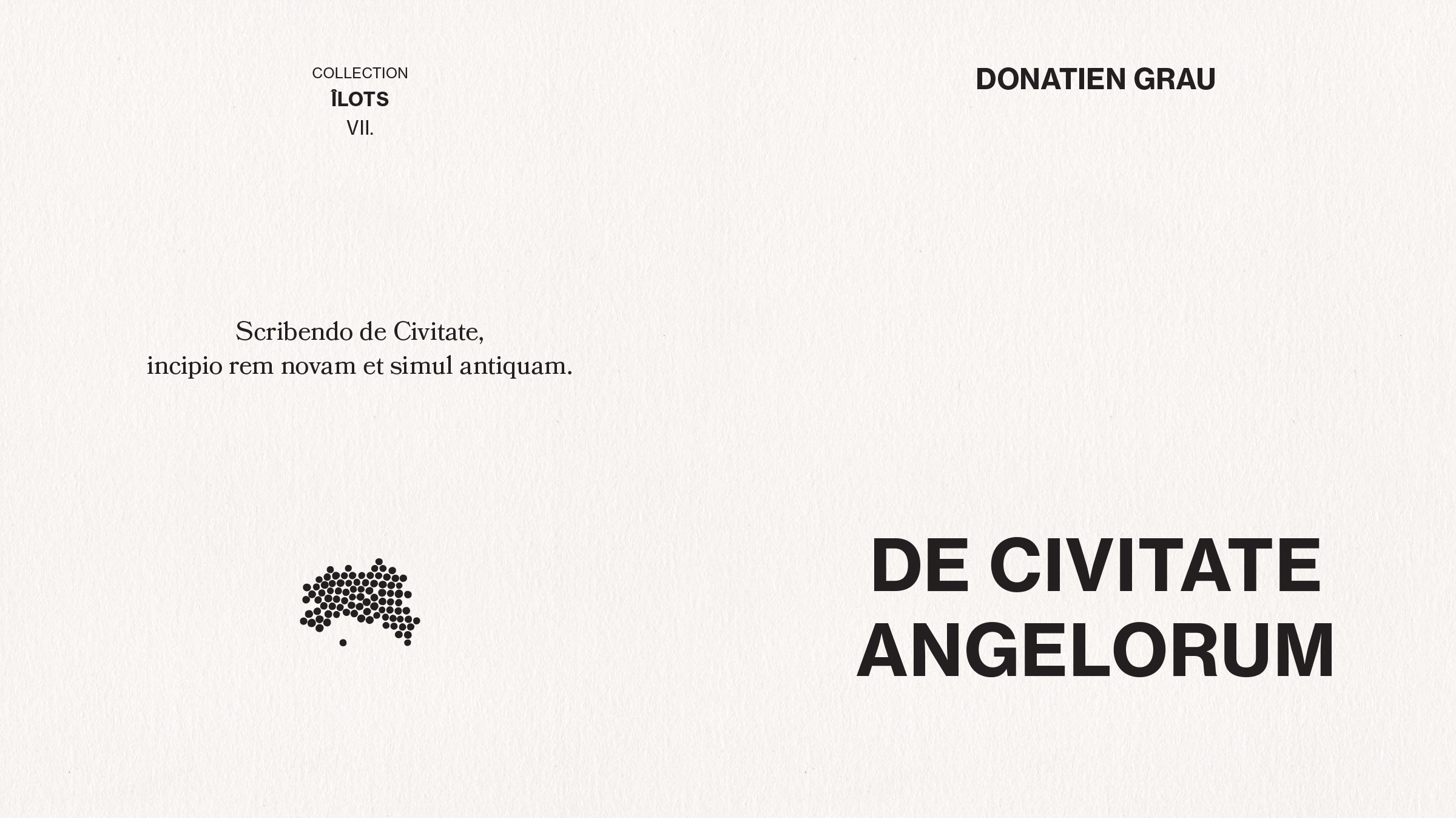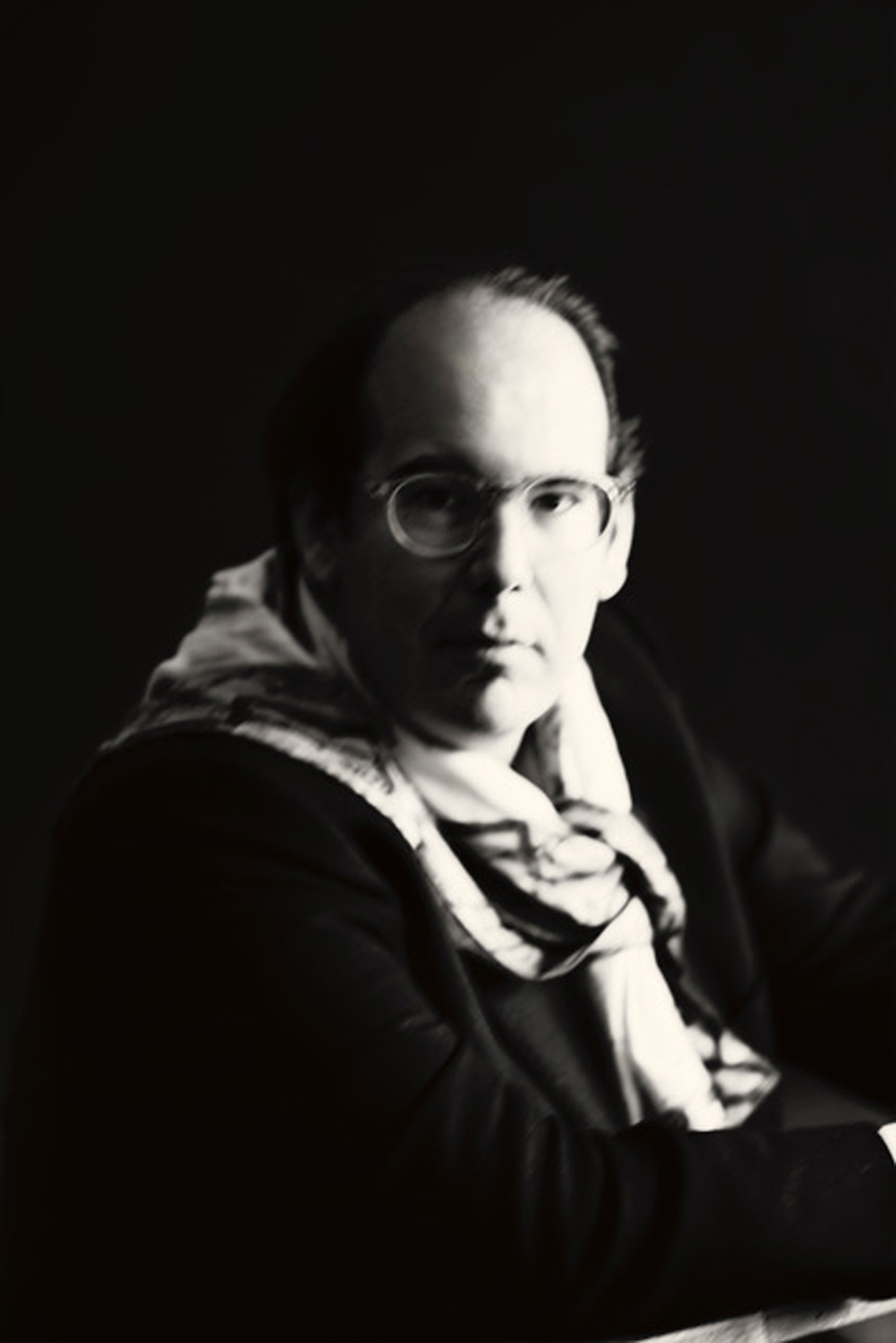California’s cultural capital is the muse behind ‘De Civitate Angelorum,’ the curator’s new book composed entirely in Latin
Plato in L.A. came to the Getty in 2018: a cross-medium exhibition, uniting sculptors and painters and writers and more to consider the philosopher’s impact on contemporary expression. From Jeff Koons to Raymond Pettibon, Whitney McVeigh to Huang Yong Ping, the show was a meditation on what might emerge from “the ultimate Platonic experience”—contemplation.
Behind it all was Donatien Grau—artist, curator, and head of contemporary programs at the Louvre. “More than anywhere else in the United States,” he was quoted at the time, “Los Angeles is a laboratory of existential and institutional experimentation, whose inhabitants must constantly negotiate a dialogue between the traditions of Europe and the multiculturalism of the modern American spirit.” The Getty Villa, after all, was modeled on the Villa dei Papyri—positioning Malibu as the modern-day Campania, where the Roman elite passed their days.
Grau’s musings on the ties between LA and the ancient wouldn’t end there. Last year, he published a monograph, The Numismatic Memory of the Roman Empire, considering the imperial coin as a text in its own right, capable of transmitting collective memory. And today, the sequel: De Civitate Angelorum (or, On the City of Angels), which launched in partnership with Yvon Lambert Paris earlier this summer.
“Los Angeles is a laboratory of existential and institutional experimentation, whose inhabitants must constantly negotiate a dialogue between the traditions of Europe and the multiculturalism of the modern American spirit.”
The book is on LA—simple enough to gather from the title itself—but written and distributed entirely in Latin. Grau took inspiration from Augustine of Hippo’s Christian philosophical text De Civitate Dei (The City of God), considered a masterpiece of Western culture. And as the Latin scholarship of Augustine’s time stood on the shoulders of great Romans, Grau positions LA as a site ripe with “post-history”—informed by everything that’s shaped it, from Angel Island immigrants to the ancient architecture that quite literally molded the Getty.
While certainly niche, De Civitate Angelorum fills a gap in the field of contemporary art. It’s an impossibly long bridge, anchoring the chaos of contemporary culture to a past that often feels too distant to really learn from. “Plato, whose spirit is ever present in Los Angeles, reminds us that for humanity to prosper, it must contemplate a higher form of itself,” Grau went on, back in 2018. “By making thoughts perceptible, artists invite us to adopt this premise.”





















